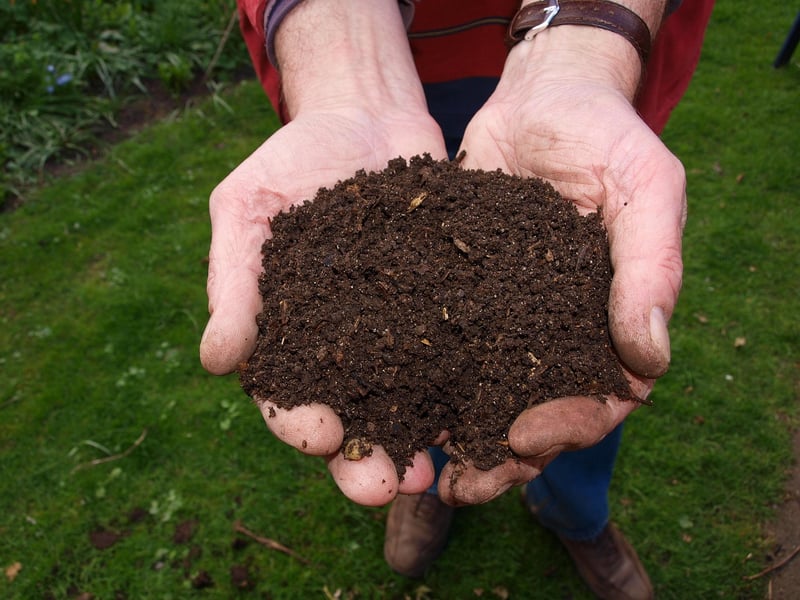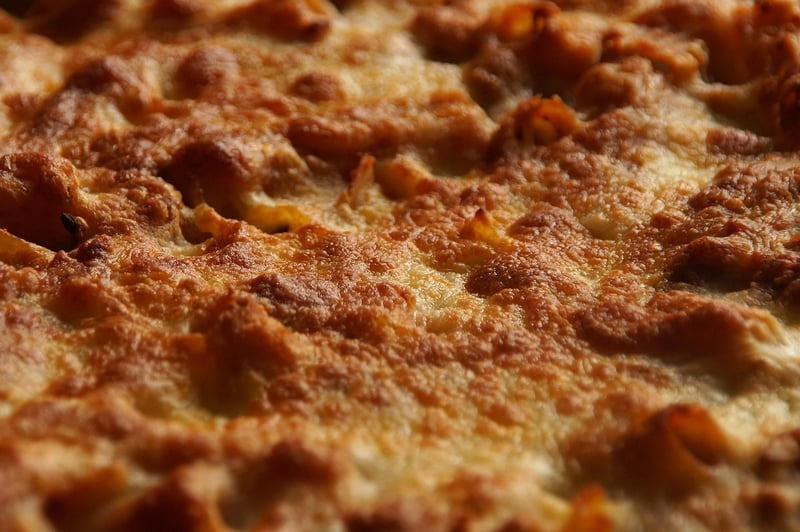Kitchen Scraps
Cultivate Nutrient-Rich Soil Using Your Kitchen Scraps
Are you looking to boost the health of your plants and reduce waste at the same time? One simple and sustainable way to achieve this is by creating nutrient-rich soil from your kitchen scraps. Not only does this practice help the environment by minimizing landfill waste, but it also provides your plants with essential nutrients for optimal growth. Let's explore how you can easily turn your kitchen scraps into a valuable resource for your garden.
1. Gather Your Kitchen Scraps
Start by collecting vegetable peels, fruit scraps, coffee grounds, eggshells, and other organic waste from your kitchen. Avoid oils, dairy, meat, and processed foods as they can attract pests and take longer to break down.
2. Composting Basics
Composting is a natural process that decomposes organic materials into nutrient-rich soil. You can create a compost pile in your backyard or use a compost bin or tumbler for smaller spaces. Layer your kitchen scraps with dry materials like leaves, shredded paper, or sawdust to maintain a good balance of greens and browns.
3. Time and Patience
Composting takes time, so be patient. Turn your compost pile regularly to aerate it and speed up the decomposition process. Keep the pile moist but not soggy, and soon you'll have dark, crumbly compost ready to enrich your garden soil.
4. Using Your Compost
Once your compost is ready, mix it into your garden soil or use it as a top dressing for your plants. The nutrients in the compost will improve soil structure, retain moisture, and provide essential elements for healthy plant growth.
5. Benefits of Composting
- Reduces kitchen waste and landfill burden
- Enriches soil with essential nutrients
- Improves soil structure and water retention
- Supports healthy plant growth without chemical fertilizers
By following these simple steps, you can transform your kitchen scraps into a valuable resource for your garden while promoting sustainability and reducing your environmental impact.

Start composting today and witness the positive impact it can have on your plants and the planet!
